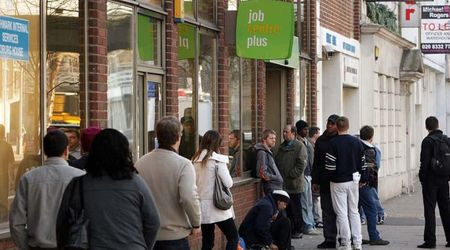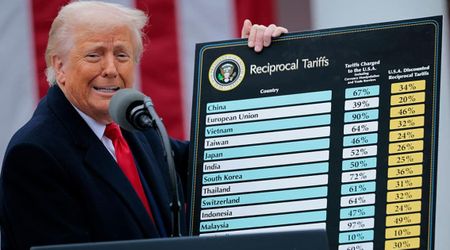TikTok Users Share Opinions on Influencer's Copyright Actions, Igniting Fashion Industry Debate

Sometimes, individuals expressing their preferences and choices, particularly within the fashion community spark discussions that can cause legal issues for brands. A recent incident involving influencer Matilda Djerf on TikTok ignited a debate among her followers when she initiated copyright strikes against small creators endorsing alternative and budget-friendly products akin to her clothing line. Specifically, Djerf instructed her team to reach out to the platform administrators, urging them to take down videos promoting "dupes," particularly those mimicking her brand's distinctive fruit print pajamas.
View this post on Instagram
Copyright Controversy
Djerf, a renowned Swedish fashion influencer celebrated for her aesthetic and minimalist style, boasts an impressive following of 3.1 million on Instagram. The growing admiration for her fashion sensibilities culminated in the establishment of her clothing line, "Djerf Avenue," in 2019. This venture allowed her audience to embrace ready-to-wear clothing characterized by both aesthetics and comfort.
Her business endeavors expanded to include a range of homeware products, including beddings, robes, towels, sleeping masks, mittens, and kitchen organizers. She aspired to not only share her lifestyle journey but also provide her fans with direct access to her curated offerings through her website. The influencer's endearing fashion sense, coupled with her cozy posts on Instagram, resonated deeply with her audience.
View this post on Instagram
However, a sudden controversy stirred up a backlash against Djerf and her brand. The discord arose when she issued copyright strikes against smaller content creators on TikTok who, in their videos, suggested more affordable alternatives instead of purchasing her branded fruit-print pajamas. Djerf's reaction to this, involving an assertive approach of requesting TikTok to remove the fashion dupe videos, left the content creators dissatisfied and feeling their privacy had been violated.
Instead of reaching out to the third-party sellers, Djerf's copyright enforcement targeted individual accounts, further fueling discontent among followers. This incident prompted a backlash, with followers questioning the viability of such actions. The hashtag #djerfavenuedrama gained traction, accumulating 1.5 million views as social media users expressed their opinions on the matter.
As a prominent figure on TikTok, Djerf has a dedicated fanbase, with some fans defending her actions, asserting that she was merely safeguarding her designs and had the right to do so. However, others questioned the feasibility of enforcing trademark claims in the fashion industry, even for significant brands, raising concerns about the legitimacy of her actions.
View this post on Instagram
Accusations Against Djerf Avenue
The conflict further unfolded when a lesser-known clothing brand accused Djerf Avenue of replicating their designs. Numerous other creators joined in, claiming that the brand had plagiarized their designs and concepts without giving proper credit. Faced with these accusations, the influencer opted to deactivate her TikTok account. In her apology, she expressed unawareness of the situation and pledged to take the allegations of plagiarism seriously.
However, the fallout had already occurred, and disappointed social media users initiated calls for a boycott of her fashion label. This incident has sparked a broader discussion on how the fashion industry treats small creators, emphasizing the immediate need for transparency and accountability. It underscores the considerable power and influence social media influencers hold and more importantly, the impact their actions can have on both their followers and the brands they endorse.




















